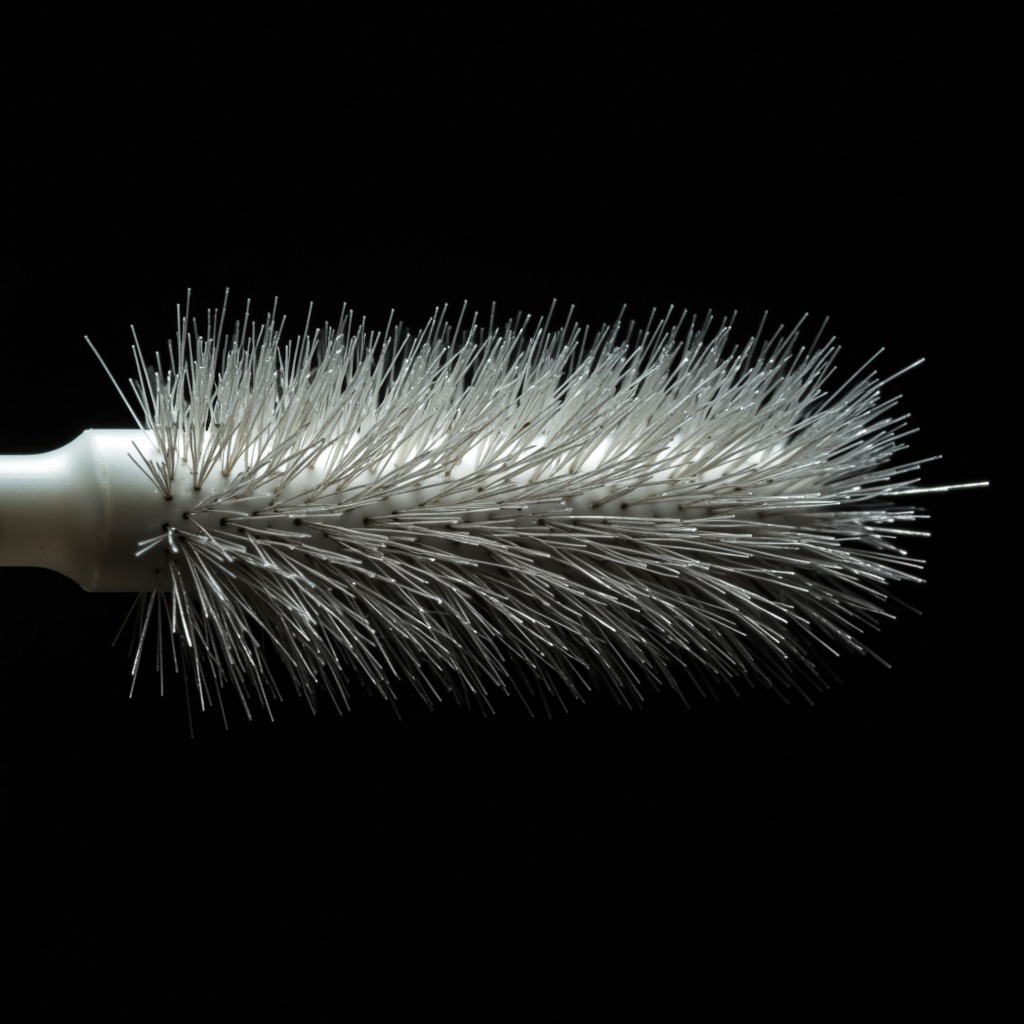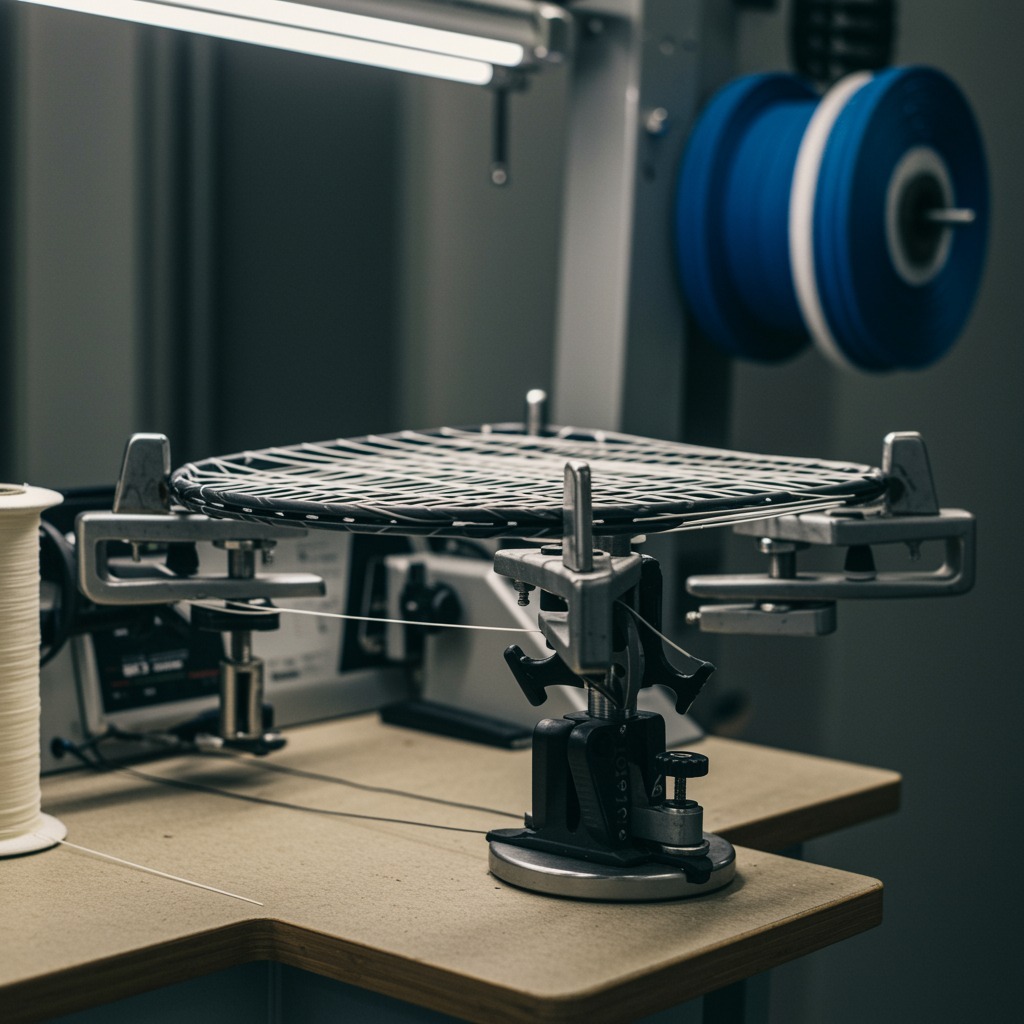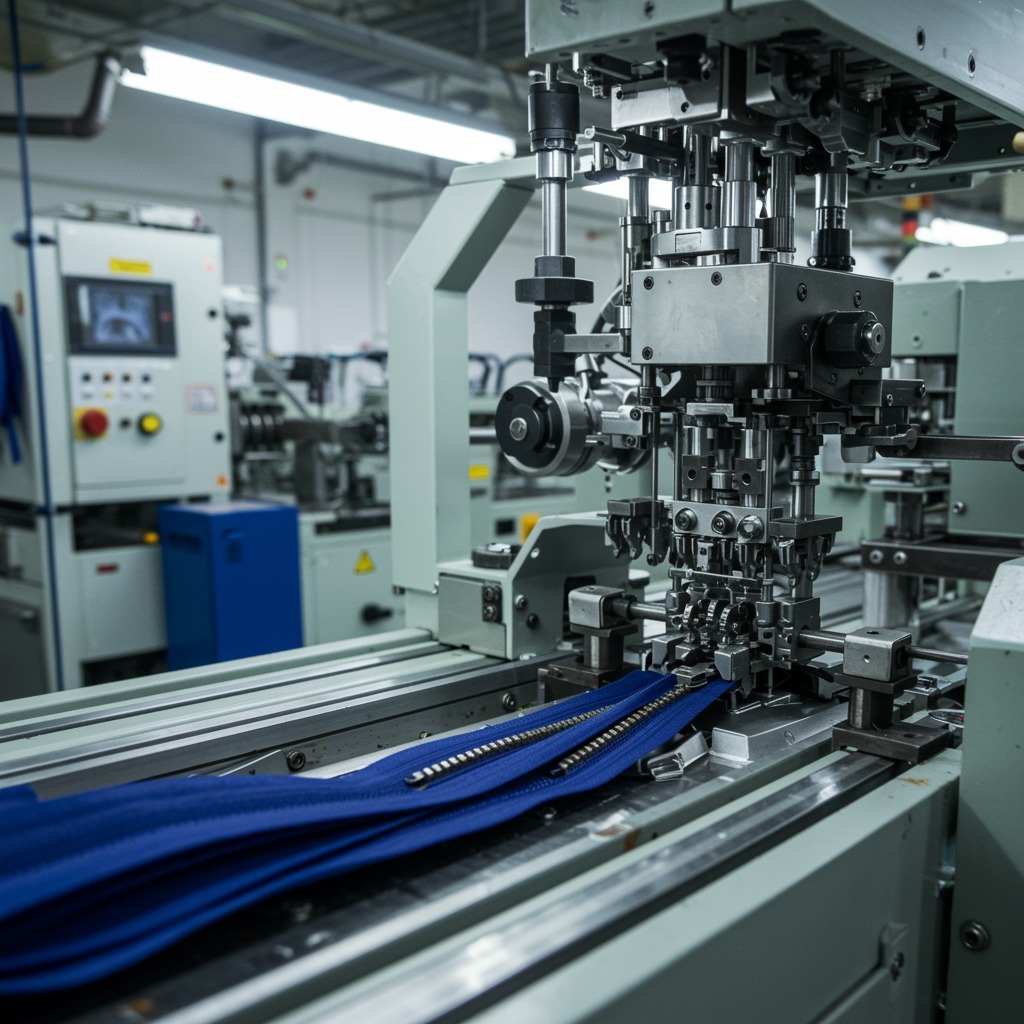Some materials don’t need attention to prove their value. Polyester monofilament yarn is one of those. It shows up inside products we use every day, but most people never notice it. Yet, the way a fabric moves, the way a net stretches, or the way a filter holds shape over time often depends on this one, steady filament.
A single strand.
Clear. Strong. Predictable.
And that predictability is the reason industries rely on it.
Unlike multifilament yarns — which are made by twisting many fine fibers together — monofilament is one continuous filament. That one detail gives it a different personality. It doesn’t fray easily. It doesn’t shift. It stays stable.
And stability is the kind of quality you only appreciate after something fails.
Where Polyester Monofilament Is Used (Even If We Don’t Notice It)
You’ll find it in places where the material can’t afford to give up its shape.
- Filter meshes need uniform openings — no sagging, no shifting.
- Industrial belts and reinforcing fabrics need strength spread across motion, heat, friction.
- Sports nets and fishing lines face sun, water, and pulling — sometimes daily.
- Automotive textile parts need to look the same after hundreds of uses.
- High-strength cords and webbings depend on controlled elasticity.
Most people don’t look closely at these things.
But professionals who work with them do — because performance isn’t a detail; it’s the expectation.
Why Polyester Monofilament Works So Well in These Roles
It’s the nature of the fiber. Polyester monofilament tends to:
- Keep its shape instead of stretching out
- Hold strength under friction
- Stay stable even with moisture around
- Feel smooth and consistent
- Support repetitive use without breaking down quickly
Some materials look strong until they’re actually used. Polyester monofilament tends to stay strong — not just initially, but over time. That’s often the difference between something that works and something that lasts.

How Shanthi Industries Approaches It Differently
Shanthi Industries works with this material not as a manufacturer, but as a sourcing and export partner. Their priority is to match the right grade of polyester monofilament yarn to the right application — because two products that look similar can require very different filament behavior.
A yarn used in filtration has different demands than a yarn used in a tennis net.
A yarn meant for automotive reinforcement behaves differently than one meant for a cord or industrial belt.
There is no single “best” grade.
There is only the right one.
Shanthi Industries exports polyester monofilament to manufacturers across the United States, Germany, Italy, Turkey, Vietnam, Thailand, South Korea, Brazil, and other markets where technical fabrics and engineered materials are produced. These industries don’t just need material — they need consistency.
Their sourcing process focuses on understanding:
- Stress levels
- Movement or tension in real use
- Environmental exposure
- Processing method (weaving, knitting, braiding, molding)
When the material is chosen based on how it will live, it performs better — naturally.
What Manufacturers Gain from Choosing the Right Filament
When polyester monofilament is well-matched to its purpose, the result is noticeable:
- The product holds its shape longer
- The final finish feels cleaner and more consistent
- There are fewer performance issues during production
- The brand gains quiet trust — the best kind of trust
Customers rarely mention monofilament.
But they do talk about quality.
And this is one of the things that creates that feeling.
Conclusion
Polyester monofilament yarn isn’t the visible part of the product. But it shapes the experience more than most users will ever realize. For manufacturers, the question isn’t just where to buy monofilament — it’s how to choose the filament that reflects the purpose of the product.
A good brush, a strong net, a reliable belt, a stable textile — they all start with decisions made long before the final fabric exists.
And those decisions show up in use.
For Polyester Monofilament Export Enquiries
Shanthi Industries
Contant: +91 99022 98755
Email: info@shanthiindustries.com
Website: https://shanthiindustries.com/



